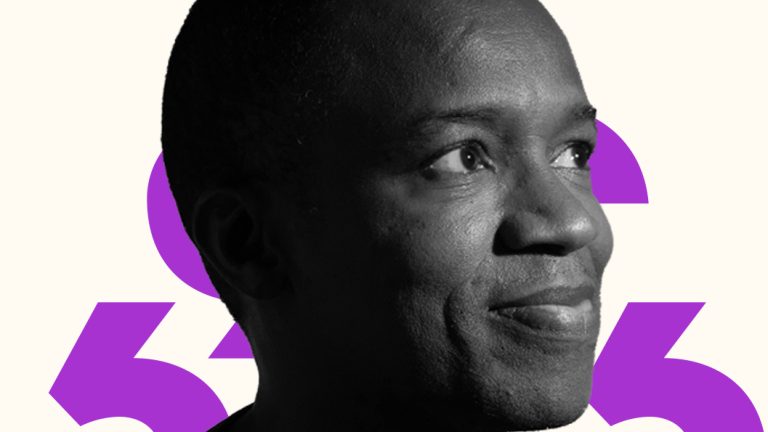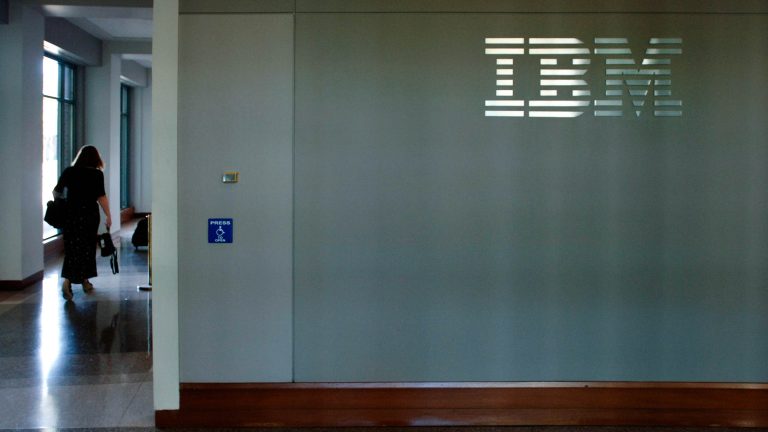Back in April 2019, Sacha Poignonnec, the French-Canadian co-CEO of the Africa-focused e-commerce site Jumia, sparked outrage in African tech hubs around the continent when he said in an interview that Africa didn’t have enough software developer talent. Poignonnec was trying to explain why his company, which generates its revenue in Africa, had its technical team located everywhere but on the continent.
In truth, the outrage was as much about a long-standing concern with Jumia’s non-African roots as it was with the suggestion that African tech talent might not be good enough to work in a company with world-class aspirations. Privately, industry insiders acknowledged that Poignonnec was right, in a sense: there is an engineering talent shortage in Africa.
A report from the IFC and Google last year estimated that there are currently some 700,000 professional developers across Africa, with just over 50% concentrated in Egypt, Kenya, Morocco, Nigeria, and South Africa. Compare that to just the state of California, which has an estimated 630,000 developers.
And industry insiders in some markets believe even the report’s supposedly low estimates were generous. Chika Nwobi, founder of Decagon, a Lagos-based developer training and placement service, told me that the report’s estimate of 80,000 developers in Nigeria sounded high. Based on his experience on the ground, he said, he doubted there were even 10,000 software developers in Nigeria; others I spoke with agreed.
That’s not to say that the potential to grow tech talent on the continent doesn’t exist. Training services across the continent, like Decagon, Semicolon (also in Lagos), Moringa School in Nairobi, and professional placement service Gebeya in Addis Ababa, have all seen huge growth in demand for their services in the last few years.
The potential of African tech talent was underscored last week when New York-based Andela, which positions itself as a talent network for tech workers, announced it had raised $200 million in a series E funding round. That placed Andela in the exclusive ranks of Africa-focused unicorns with a $1.5 billion valuation.
Andela started its service in Lagos in 2014. Co-founded by Iyinoluwa Aboyeji, the company’s front man in Nigeria, Andela convinced young people to apply for a free developer training program that would more or less guarantee them a software engineer job with Andela at the end of the six-month program.
“When we started, people thought we were doing some sort of scam,” Aboyeji told me with a laugh. But in a country with high youth unemployment and few formal job prospects, enough people took a leap on Andela, and, within a couple of years, the company was bragging about having a more stringent admission rate than Harvard, as thousands applied for just a few hundred slots.
As a platform that was both training African developers and placing them with global clients, Andela wasn’t just attractive to ambitious young Africans. It also pulled in international venture capital from Silicon Valley and investors with a social impact focus. In 2016, the Chan Zuckerberg Initiative led a $24 million series B round in Andela.
Despite follow-up rounds with other high-profile investors, including former U.S. Vice President Al Gore and tennis star Serena Williams, Andela began to see the limitations of its model. In those early years, it covered the cost of training junior developers with the plan of earning fees for placement. But, by 2019, Andela was having trouble placing the junior developers it had trained (and who were now on its payroll). The problem was that clients around the world sought more-experienced talent. That year, it laid off over 400 developers; last year, it laid off another 100, plus staffers, and also announced it is switching its model to focus on placing more-senior developers.
This year, Andela deemphasized the focus on training African developers by championing a “global talent network,” with developers from more than 80 countries.
“We started off as a training-led company, and we had to monetize through placement, but, over time, it became really clear what was needed is a global marketplace for talent,” Jeremy Johnson, chief executive and co-founder of Andela, told Rest of World. Johnson said the switch to more senior talent has enabled Andela to pay, on average, over 60% higher compensation for developers and also offer longer-term client contracts.
The Andela pivot has been controversial, and not just for the hundreds of junior developers who lost their jobs. In June, a lawsuit alleging trade theft was filed in New York’s Supreme Court against Andela and several of its employees by Toptal, a freelance remote company in Silicon Valley, which said Andela had poached several of its staff and copied its global business model. Johnson dismissed the claim in June.
One of the key concerns for Andela and other developer platforms operating in Africa remains how to grow the continent’s tech talent at scale.
Founders and investors point out an unfortunate confluence of factors making things uniquely difficult in African tech hubs. On the one hand, there’s a shortage of experienced local talent to help grow the market; on the other, when there is talent, market forces dictate that the best ones find jobs and move abroad or only work with international companies remotely.
“Because the competition for talent is getting tighter, the cost of innovation goes higher,” said Mobolaji Adeoye, managing partner of Consonance Investment Managers, a Lagos-based venture firm which has invested in professional talent firms, including Semicolon and Gebeya.
Nairobi’s Moringa School has a stated ambition to “train 200,000-plus future knowledge workers” by 2030. Kenya country director Nelly Agyemang-Gyamfi told Rest of World that the school has trained somewhere between 3000 and 4,000 students since 2014. But in order to reach its ambitious targets, Moringa plans to launch new training products with more emphasis on remote learning.
“The market is skewed towards demand for mid- to senior-level developers, but there’s work that needs to be done; let’s not forget we have a workforce to develop here on the continent,” said Agyemang-Gyamfi.
Even though Andela’s high profile boosted awareness for software developers as a profession on the continent, Decagon’s Nwobi noted there remains a “mismatch” between talent levels and a limited number of opportunities.
Because Decagon and Semicolon earn placement fees if they find roles for graduates, there’s often a temptation to focus on chasing the bigger paydays from global clients. But all talent agencies said it was important to build a local pipeline by working with local clients as well. Decagon’s Nwobi viewed it as the aphorism about charity begins at home: “We want to serve Nigeria first, we’ve invested in the talent and ecosystem, it’s the lower hanging fruit. We don’t have to make a choice between local and international clients.”
Another challenge has been how to make opportunities available to more people because fees that run up in the low thousands of dollars can still be high for many young Africans. To that end, Decagon recently announced seed funding of $1.5 million and a $25 million student loan partnership with a local bank. “We need to ensure there’s a successful student loan industry, and we are determined to do this,” Sam Immanuel, chief executive of Semicolon, told Rest of World.
Johnson was keen to point to Andela Learning Community, launched in 2017 and supported by the likes of Google, Facebook, and Microsoft, which offers a wider range of training opportunities to more people, since it’s no longer tied to the seven hubs it had across Africa and the U.S. To date, he said, some 127,000 people have had training through programs on the platform.
There is a school of thought that believes that the best way to tackle the talent shortage problem in the longer term will be to address the shortcomings of local universities as a way to prepare more students at scale for the changing demands of the global workforce. “You could develop programs for most STEM graduates to be decent software engineers by the time they graduate,” says Consonance Managers’ Adeoye. “This challenge will have to be solved by the ecosystem with support by investors.”



